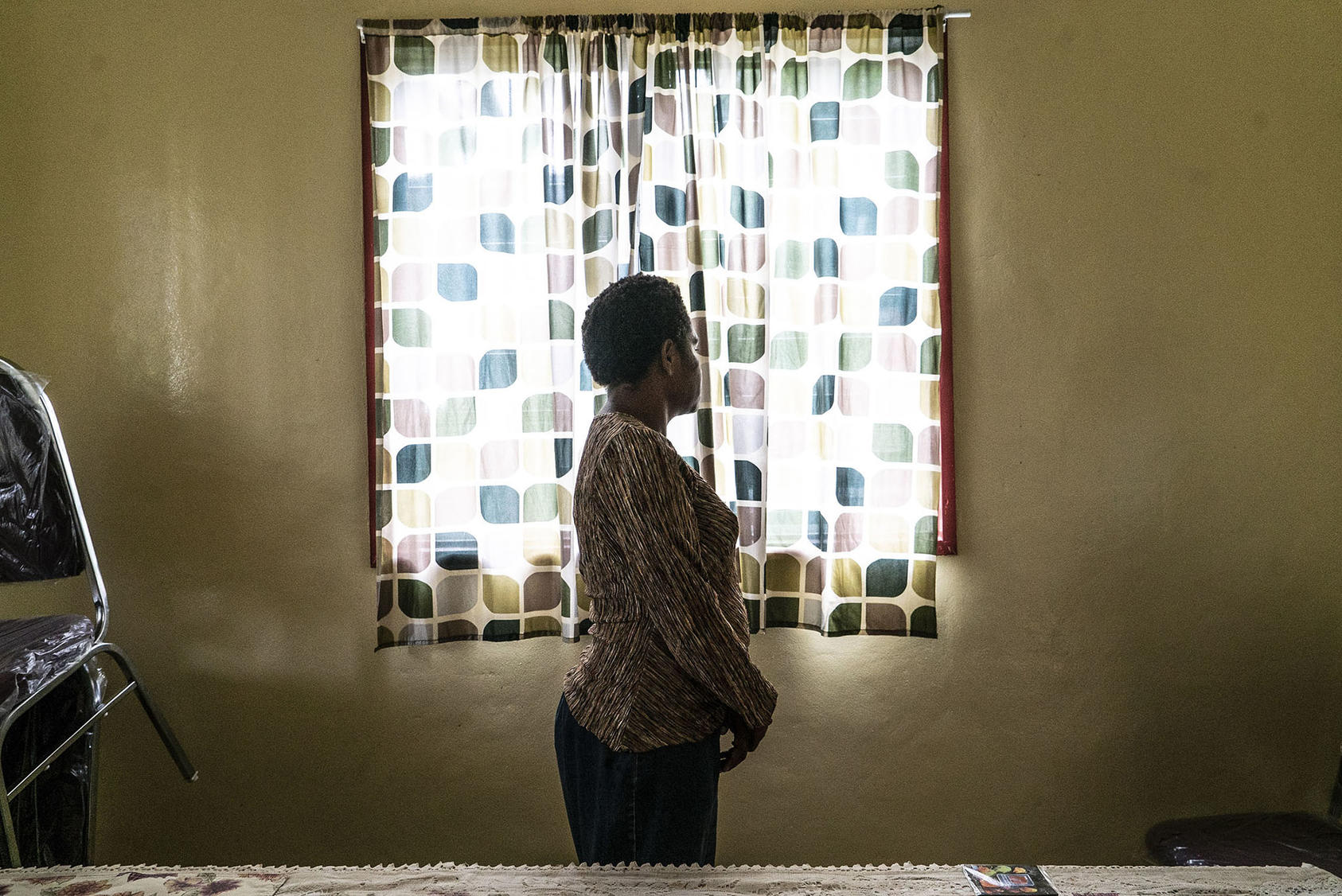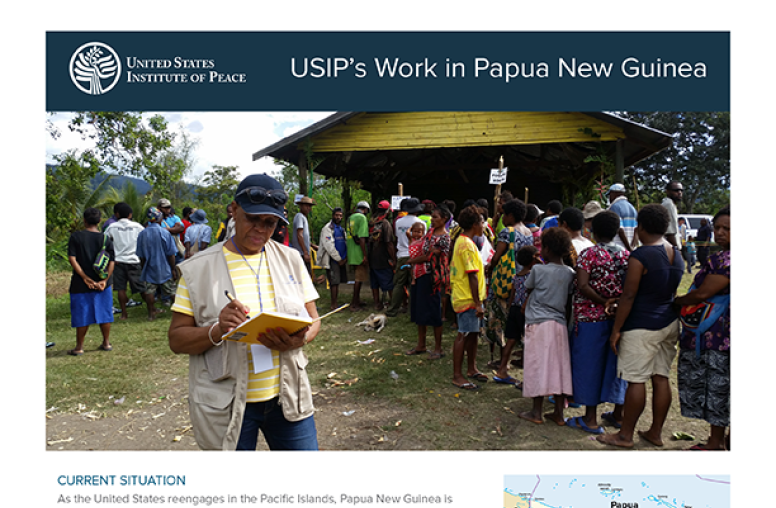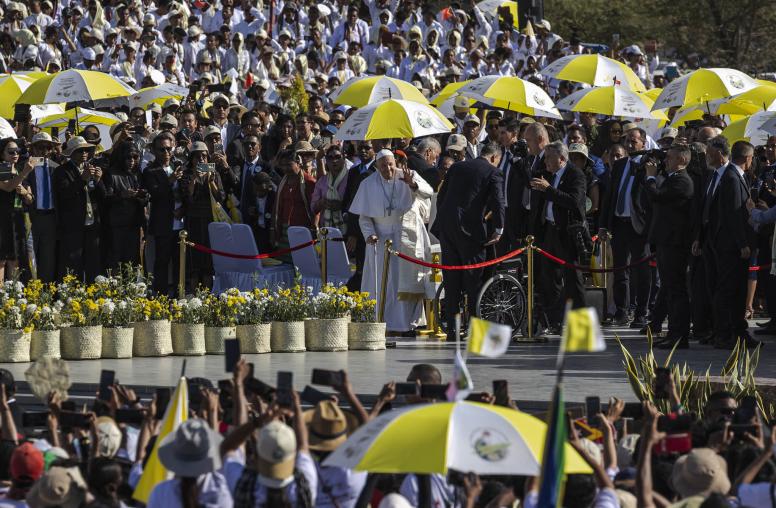Addressing Gendered Violence in Papua New Guinea: Opportunities and Options
Each year, more than 1.5 million women and girls in Papua New Guinea experience gender-based violence tied to intercommunal conflict, political intimidation, domestic abuse, and other causes. It is, according to a 2023 Human Rights Watch report, “one of the most dangerous places to be a woman or girl.” Bleak as this may seem, it is not hopeless. USIP’s new report identifies several promising approaches for peacebuilding programming to reduce gender-based violence and effect meaningful and lasting change in Papua New Guinea.

Summary
- Extremely high rates of gendered violence in Papua New Guinea (PNG) are a critical concern for peace and security because the political and economic stability of a country are linked to the status and security of its women.
- Rising economic inequality and lack of investment in basic services in recent years have fueled increasingly lethal intercommunal, intimate partner, and sorcery accusation–related violence in PNG.
- Violence is worse in Hela Province, home to the extractive oil industry, but is also unfolding in Morobe Province and across PNG, particularly as the number of internally displaced persons increases.
- State-centric and rule-of-law approaches to addressing gender-based violence have been ineffective in PNG, where state institutions have little reach beyond urban areas; local norms and customary law do not neatly align with other legal frameworks; and society is organized around informal, dynamic political and social networks.
- The application of USIP’s Gender Inclusive Framework and Theory points to promising opportunities for programming, such as providing innovative support to micro-level initiatives led by efficacious actors, promoting nonviolent masculinities, and addressing youth disenfranchisement and intergenerational trauma.
About the Report
This report examines challenges that peace programs face in addressing gendered violence in Papua New Guinea. It also presents programmatic opportunities and options based on a conflict-sensitive gender analysis of Hela and Morobe Provinces. The review utilized the Gender Inclusive Framework and Theory developed by the Women, Peace and Security Program at the United States Institute of Peace (USIP). Desk research was funded in part by the United States Agency for International Development.
About the Authors
Negar Ashtari Abay is a program officer with USIP’s Women, Peace and Security (WPS) program. Kathleen Kuehnast is the director of USIP’s WPS program. Gordon Peake is the senior advisor for the Pacific Islands in USIP’s Asia Center. Melissa Demian is a social anthropologist and senior lecturer at the University of St. Andrews.



